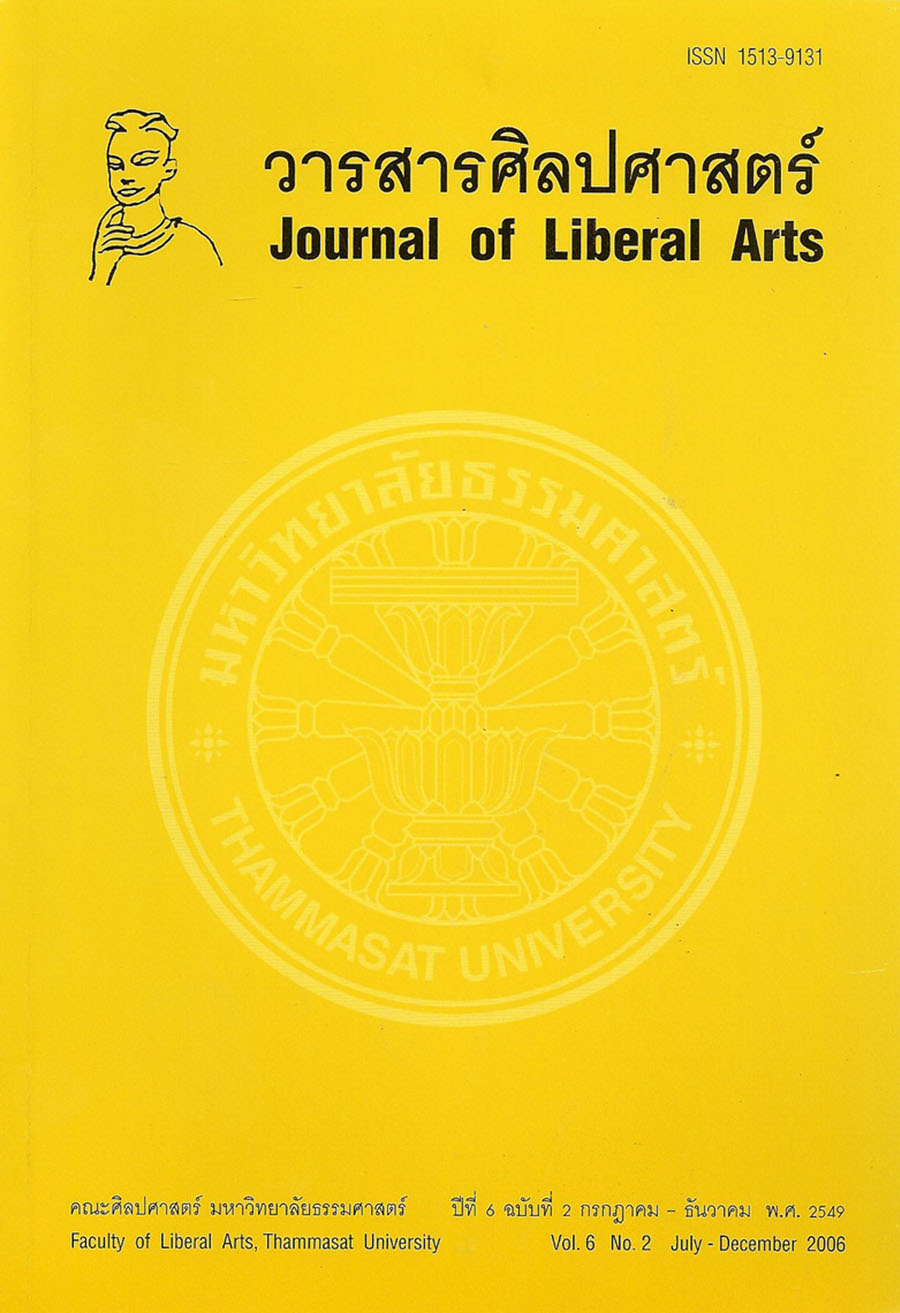หลักสูตรการศึกษาพระพุทธศาสนาในโรงเรียนไทย: รุ่งเรืองหรือร่วงโรย
Main Article Content
บทคัดย่อ
วิชาพระพุทธศาสนามีความสัมพันธ์กันอย่างแนบแน่นกับรัฐและระบอบการปกครองเพราะเป็นเครื่องมือประการหนึ่งของรัฐในการสร้างพลเมืองตามอุดมคติที่รัฐต้องการ ไม่ว่าจะเป็นการปกครองแบบสมบูรณาญาสิทธิราชย์หรือประชาธิปไตย วิชาพระพุทธศาสนามีความมุ่งหมายและเนื้อหาหลักเพื่อสร้างความจงรักภักดีต่อชาติ ศาสนา และพระมหากษัตริย์ และมีการปรับตัวให้เข้ากับนโยบายของรัฐบาลในสมัยต่าง ๆ เช่น มีการปรับเนื้อหาธรรมะให้เข้ากับรัฐธรรมนูญ ประชาธิปไตย และต่อต้านคอมมิวนิสต์ การเน้นหลักธรรมเพื่อความปกครองง่ายและเชื่อผู้นำในสมัยที่ประเทศอยู่ในภาวะสงครามการเน้นหลักธรรมเรื่องเศรษฐกิจเมื่อรัฐต้องการสร้างชาติทางเศรษฐกิจ หรือแม้แต่การเน้นหลักธรรมเพื่อความสงบและสันติสุขภายหลังเหตุการณ์ความไม่สงบของบ้านเมือง การปรับตัวให้เข้ากับรัฐย่อมทำให้วิชาพระพุทธศาสนายังมีฐานะในสังคมไทยตราบเท่าที่ยังสนองผลประโยชน์ซึ่งกันและกันได้ แต่ในขณะเดียวกันหลักธรรมในพระพุทธศาสนาย่อมถูกตีความเพื่อตอบสนองความต้องการของรัฐที่แปรเปลี่ยนไปตลอดเวลา จนในที่สุดพุทธศาสนาจะสูญเสียสมรรถภาพในการขัดเกลาจิตใจเพื่อมุ่งสู่ความเป็นอิสรภาพ และถูกจำกัดศักยภาพเพียงเพื่อการตอบสนองนโยบายของรัฐเท่านั้น เมื่อเป็นเช่นนั้นวิชาพระพุทธศาสนาย่อมไม่อาจเป็นวิชาที่สามารถสร้างคุณธรรมในจิตใจของผู้ศึกษาได้ แต่เป็นเพียงการสร้างทัศนคติต่าง ๆ ตามที่รัฐต้องการ อันจะเป็นการลดทอนคุณค่าของพระพุทธศาสนาในที่สุด
There is a close relationship between the Buddhism curriculum taught in schools and the government system of our society. Buddhism Study has always been there to implant a sense of loyalty towards the national, the religious and the Royal institution among the Thai people. Whether in the previous totalitarian government system or in the current days of democracy, Buddhism Study in school has, more or less, been a unique tool of the government to mold its ideal citizens.In accordance with difference government policies, the religious study in classrooms seemed to have changed all the time. During the war, the study accentuated the importance of trusting the leader and being a good follower; after the war or national disturbances, the study focused on dharma dialogs about peace and stability; and when the country needed to build up economics strength, the study emphasized the virtues to procure personal wealth. Nowadays, the classroom content is sketched out to accommodate democracy and the constitution. Buddhism Study has, so far, had a place in Thai society, perhaps as long as it can adapt itself to serve the state. However, in meeting the changing demands of the state, the frequent adaptations of dharma dialog from the original Buddha’s word could, in destroy the essence of Buddhism and defeat the aim of Buddhism Study which is to show the path of freedom. Buddhism study should maintain its goal in giving moral instruction to the not reduce itself into a mind-engineering instrument which in the long run, helps but to bring about the deterioration of Buddhism.


